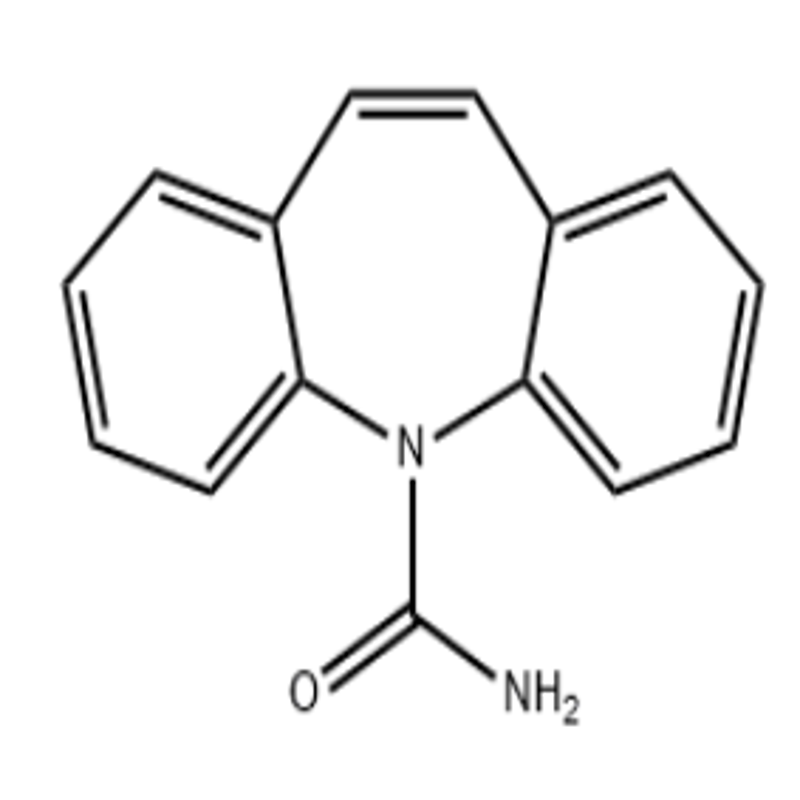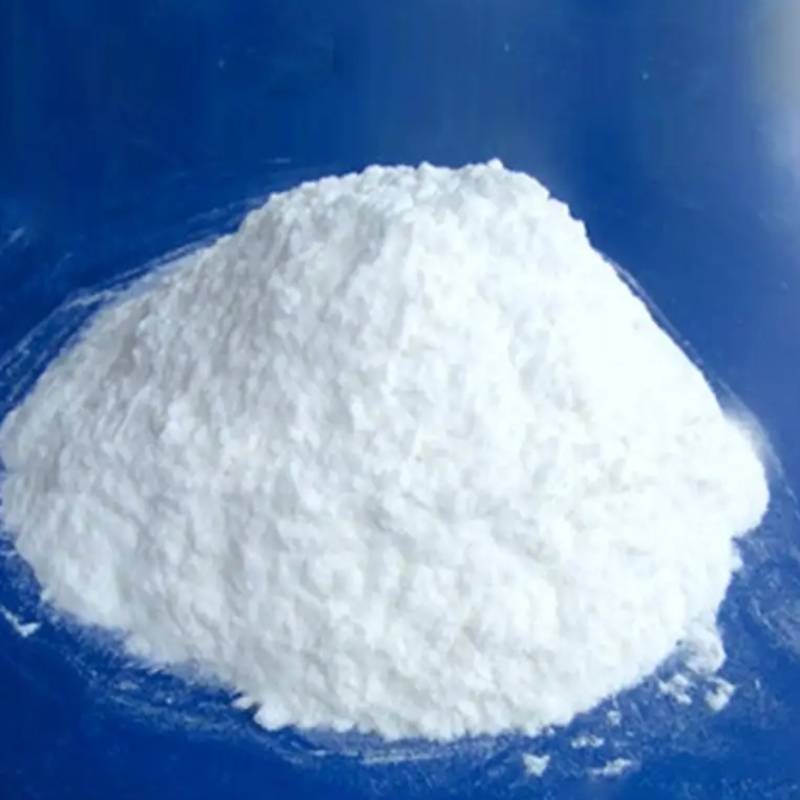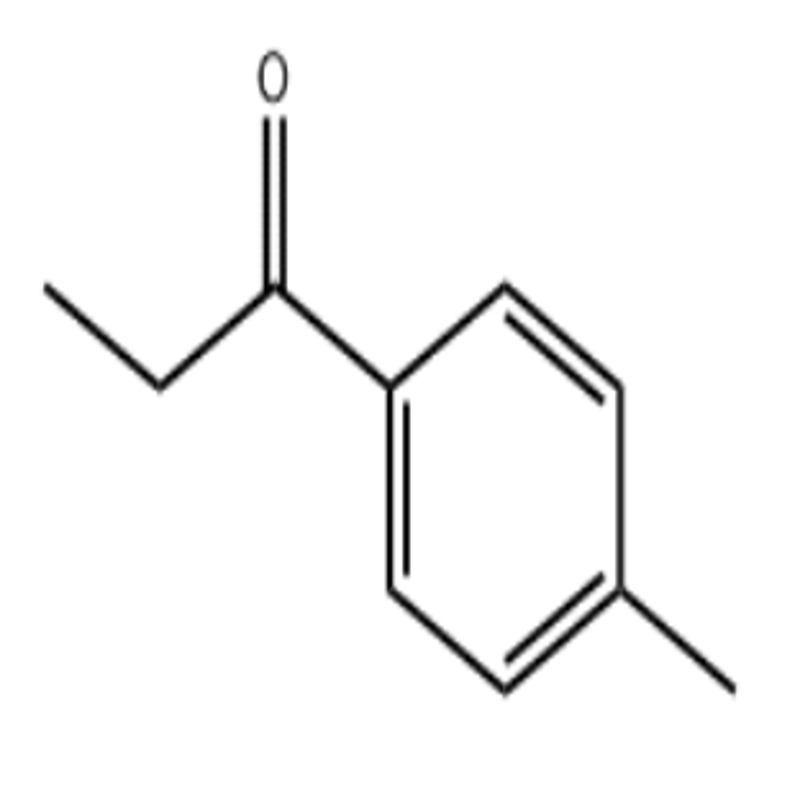-
Categories
-
Pharmaceutical Intermediates
-
Active Pharmaceutical Ingredients
-
Food Additives
- Industrial Coatings
- Agrochemicals
- Dyes and Pigments
- Surfactant
- Flavors and Fragrances
- Chemical Reagents
- Catalyst and Auxiliary
- Natural Products
- Inorganic Chemistry
-
Organic Chemistry
-
Biochemical Engineering
- Analytical Chemistry
-
Cosmetic Ingredient
- Water Treatment Chemical
-
Pharmaceutical Intermediates
Promotion
ECHEMI Mall
Wholesale
Weekly Price
Exhibition
News
-
Trade Service
Methyl 7-isoquinolinecarboxylate, also known as MET-1, is a chemical compound that has been widely studied and used in various applications within the chemical industry.
One of the unique properties of MET-1 is its ability to undergo a series of chemical reactions, known as cascades, which can lead to the production of a wide range of downstream products.
Upstream Product: Methyl 7-isoquinolinecarboxylate
Methyl 7-isoquinolinecarboxylate is an intermediate chemical that is used in the production of various active pharmaceutical ingredients (APIs), agrochemicals, and other specialty chemicals.
The compound is synthesized through a series of chemical reactions that involve the use of methyl 7-oxo-6-quinolinecarboxylate, hydroiodic acid, and potassium hydroxide.
The starting material for the synthesis of MET-1 is 7-oxo-6-quinolinecarboxylate, which is obtained from the reaction of quinoline-4-carboxylic acid with paraformaldehyde.
Downstream Products: Pharmaceuticals, Agrochemicals, and Specialty Chemicals
The main downstream products obtained from the synthesis of Methyl 7-isoquinolinecarboxylate are pharmaceuticals, agrochemicals, and other specialty chemicals.
The versatile nature of MET-1 allows it to be converted into a wide range of chemicals through different chemical reactions, such as esterification, amide formation, and other transformations.
One of the most commonly used downstream products of MET-1 is the production of pharmaceuticals.
The compound is used as an intermediate in the synthesis of various APIs, including some anti-inflammatory, anti-tumor, and anti-microbial drugs.
Another important application of MET-1 is in the production of agrochemicals.
The compound can be converted into various herbicides and pesticides through different chemical reactions.
For instance, MET-1 can be transformed into the herbicide 2,4-Dichlorophenoxyacetic acid (2,4-D) through a series of reactions.
MET-1 is also used in the production of other specialty chemicals, including perfumes, cosmetics, and dyes.
The compound can be converted into various aroma compounds through different chemical reactions, providing a source of fragrance ingredients for the perfume industry.
Chemical Cascades: Conversion of MET-1 into Downstream Products
The conversion of Methyl 7-isoquinolinecarboxylate into downstream products takes place through a series of chemical reactions known as cascades.
Chemical cascades involve the sequential addition of functional groups to a starting material, resulting in the formation of a final product.
In the case of MET-1, the chemical cascade involves the formation of a series of intermediate compounds before the final product is obtained.
The cascade reaction of MET-1 involves the formation of an amide, which then undergoes a series of transformations, such as esterification, dehydration, and other reactions, to yield the final product.
The specific cascade reaction used to produce a particular downstream product depends on the desired end product and the specific reaction conditions used.
Advantages of Using MET-1 in the Chemical Industry
The use of MET-1 in the chemical industry offers several advantages.
One of the main advantages is its versatility, as the compound can be converted into a wide range of downstream products through different chemical reactions.
This makes MET-1 a valuable building block in the production of various APIs, agrochemicals, and specialty chemicals.
Another advantage of using MET







